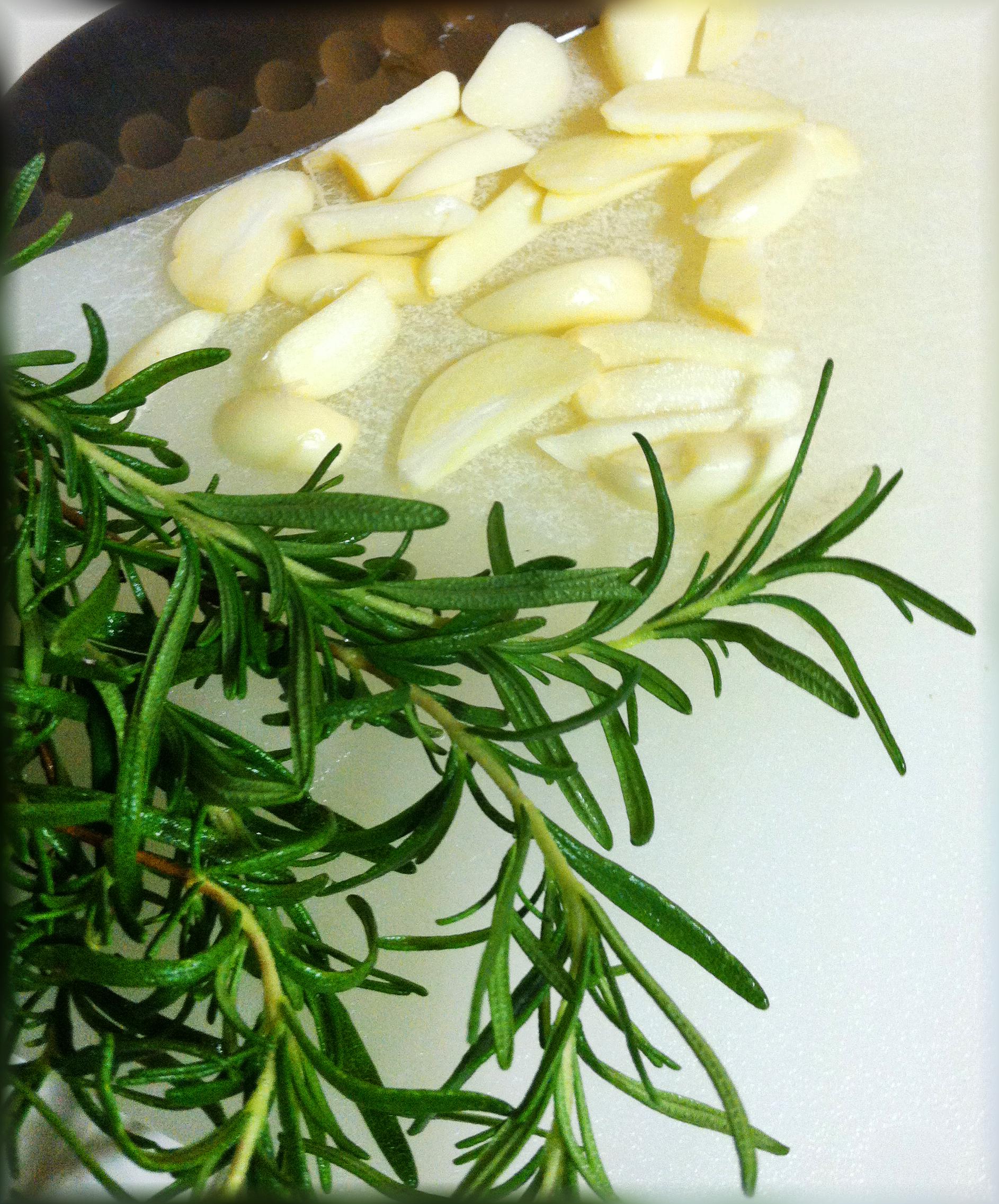There are several herbs that come to mind to have on hand for winter ills. I mentioned them in an earlier article about making your own tinctures. Here I want to give a little more detail about the herbs mentioned.
Echinacea aka Purple Cone Flower. Echinacea is easy to grow and is widely used for colds, flus , immune support, respiratory and skin conditions, decreasing inflammation, blood purifier and it combats yeast and other types of fungi.
Ginger is a warming herb, often used for the circulatory and digestive systems. It is a well known antioxidant and has anti-inflammatory properties. Ginger is used for fevers, nausea, dizziness, flu, gout, headaches, upper respiratory infections, arthritis, heart tonic and to support the male and female reproductive organs.
Rosemary is primarily used as an antioxidant and anti inflammatory. Antioxidants continue to prove useful in preventing damage caused by oxidative stress. The brain is particularly susceptible to the affects of oxidative stress. As seen in Parkinson's and Alzheimer's diseases. Rosemary has been thought of as a memory booster throughout history. It is also used as a natural antibiotic and antiviral. It is touted for it's ability to eliminate several forms of bacteria while leaving helpful bacteria undamaged. It is particularly effective in fighting yeast infections or candida. Most common use of tincture is indigestion, diabetes, nausea, colic, liver congestion, high cholesterol, insomnia, dizziness, headaches, irritability, depression, weak memory, asthenia, palpitations, stimulates circulation, and strengthens fragile blood vessels, asthma, and convulsive cough.
Goldenseal is used for the acute stages of winter illnesses and respiratory conditions. As well as stuffy nose and Hay fever. It is also used for digestive disorders, UTI's, liver disorders, cancer, and chronic fatigue syndrome. It is also used externally for skin conditions, and eye wash for eye inflammation and eye infections. It is thought to be effective for fighting bacteria and fungi, as well as lower blood pressure and improve irregular heartbeats, lower blood sugar and "bad" low-density lipoprotein (LDL) cholesterol.
Red Raspberry Leaf is used for digestive disorders including diarrhea and constipation, respiratory disorders (including flu), heart problems, fever, diabetes, vitamin deficiency. It is used to promote sweating, urination, and bile production, as well as purification for the skin and blood. It is used for menstrual disorders and morning sickness, to prevent miscarriage and ease labor and delivery.
Elderflowers is used for swollen sinuses, colds, flu, diabetes, headaches, and constipation. It is used to increase sweating and urination, and to stop bleeding. It is used as a gargle and mouthwash for coughs, colds, hoarseness, flu, and shortness of breath. It is used externally for joint pain and swelling.
Thyme is beneficial for winter illnesses and immune support. It is often recommended for digestive disorders and respiratory concerns, asthma, headaches, sore muscles and throat conditions, fevers, nervous system support, and skin health.
Mint used for nausea, vomiting, and other digestive disorders (should not be used with GERD). Antioxidant, natural decongestant, good for sore throats and bad breath, used also for headaches, fever , inflammation, asthma, depression, fatigue, memory loss, and weight loss.
Sage is used for fevers, indigestion, flatulence, ulcers of the mouth and throat, excessive mucus discharge, excessive salivation, excessive perspiration, excessive milk flow, hot flashes, asthma, sore throats, and swollen nasal passages, depression, memory loss, and Alzheimer's disease.
Oregano is another potent antioxidant. anti fungal, anti bacterial, anti inflammatory, anti viral. It is used for respiratory infections, colds, flu, allergies, asthma, bronchitis, intestinal parasites, headaches, heart conditions, bloating, heartburn, and arthritis, to name a few.
Horseradish is very stimulating. Although it should not be used during pregnancy, it is often used for digestive disorders - including constipation, coughs, hoarseness, wheezing, sinus infection, bronchitis and other pulmonary complaints, poor circulation, neuralgia, urinary tract infections and kidney stones, fluid retention, achy joints, gout, and intestinal parasites.
Garlic has been used all over the world for thousands of years. Often recommended for treating respiratory problems, parasites, poor digestion, heart and blood issues, and fatigue. Garlic is touted for being antibacterial, anti viral, anti fungal, anti inflammatory and more. Most benefits are obtained from raw, non processed garlic. Heating and processing reduces and even destroys many of the natural constituents.
